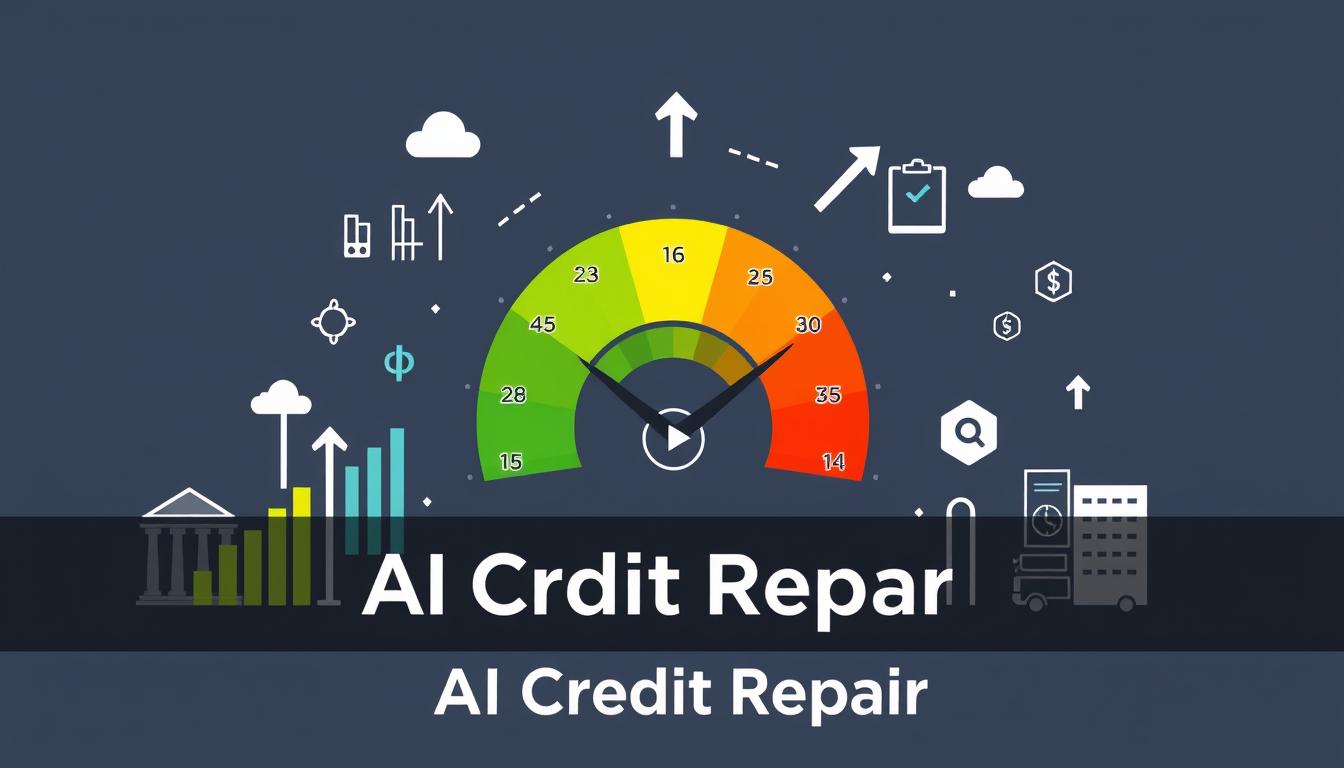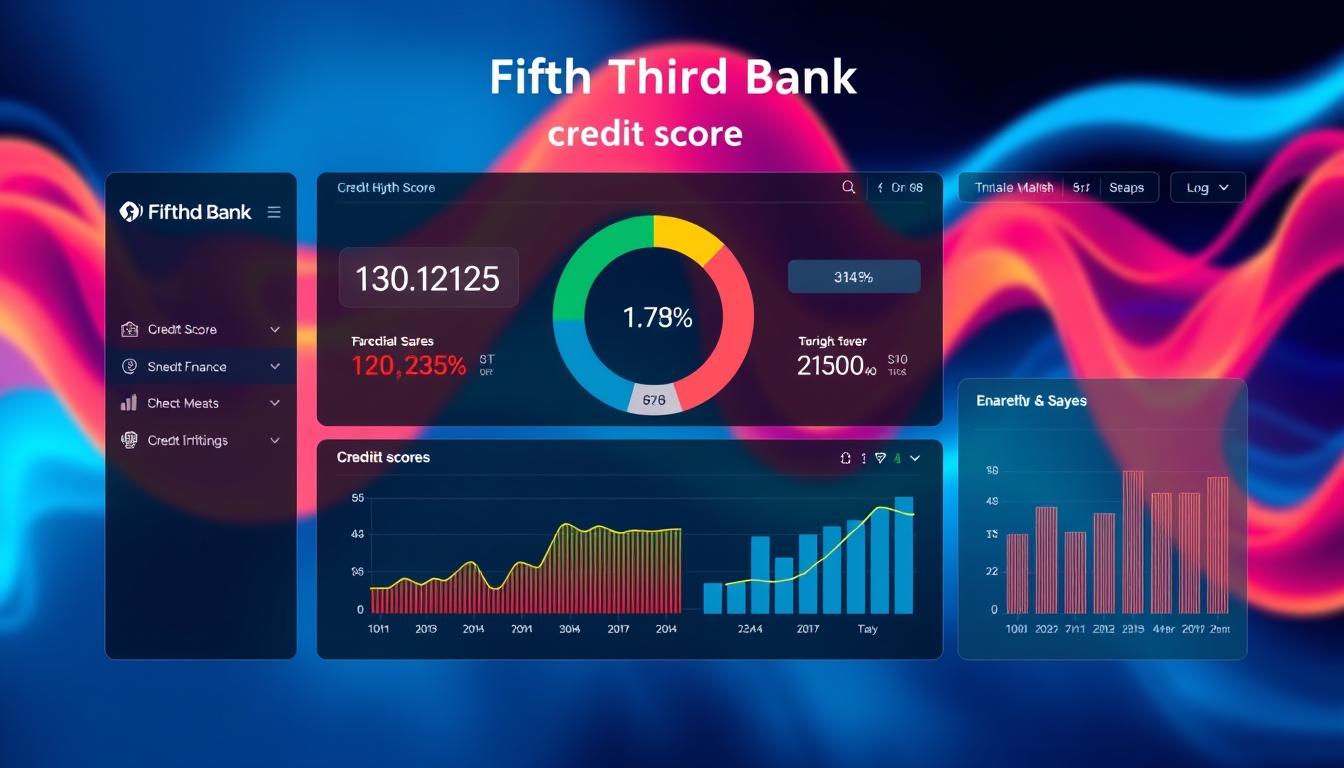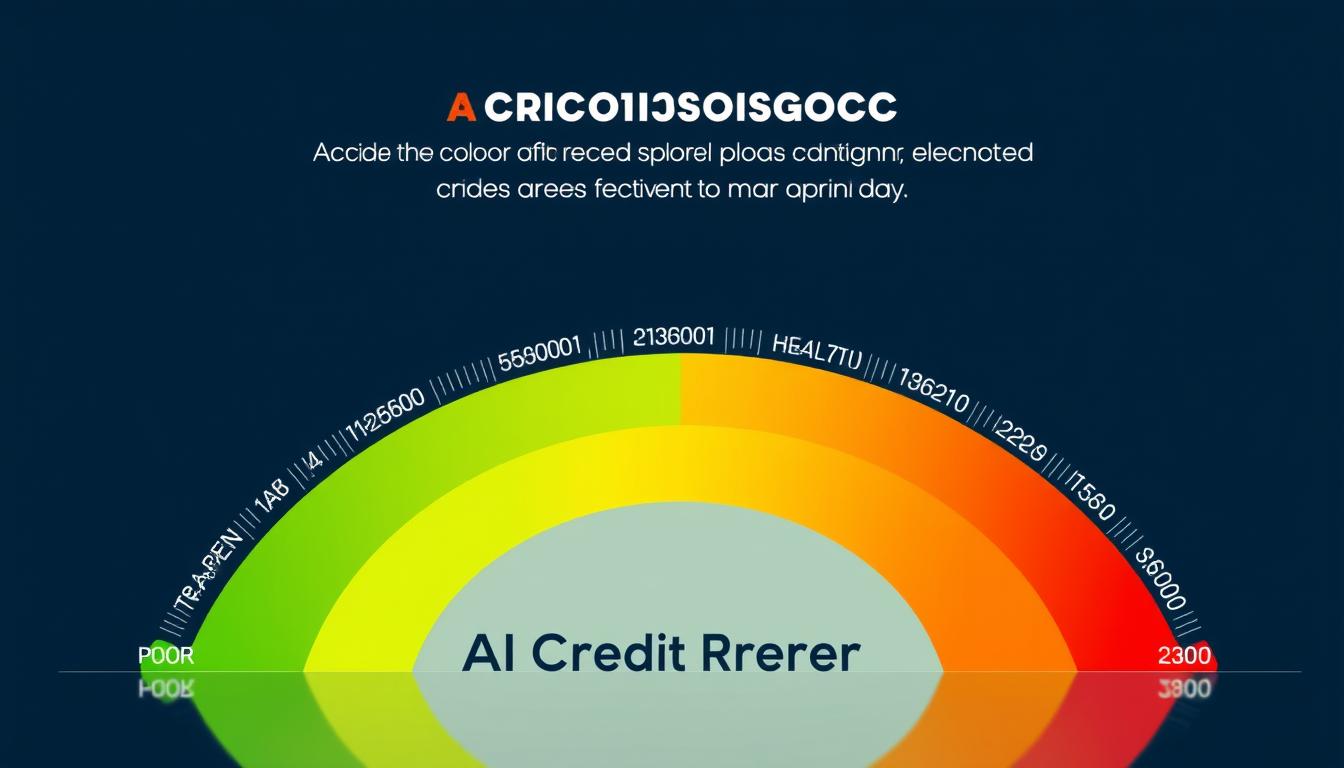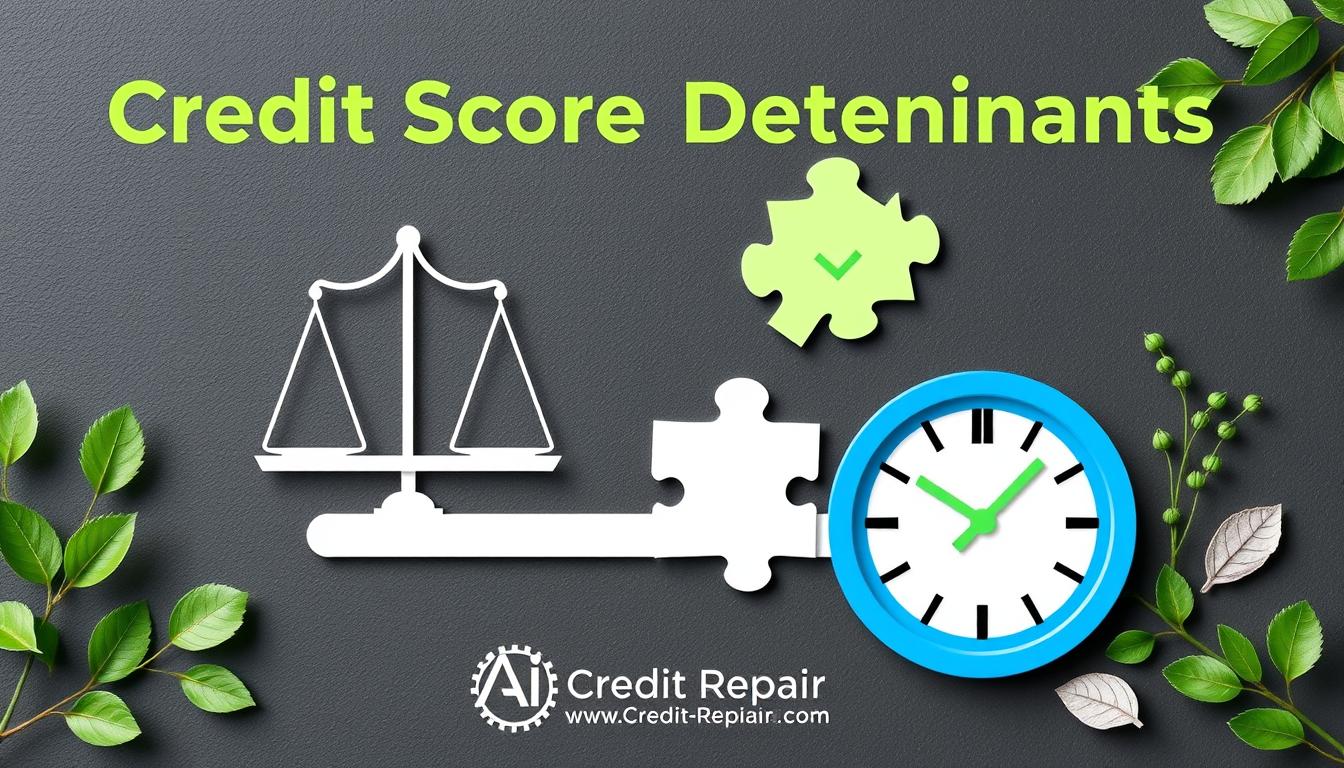Keeping an eye on your credit score is vital for financial health. Fifth Third Bank offers tools to help you monitor your credit. Let’s explore how to check your score and why it’s important.
We’ll guide you through checking your credit score with Fifth Third Bank. You’ll learn how to understand and improve your score. These insights will help you maintain a strong financial profile.
Key Takeaways
- Discover the simple steps to check your credit score with Fifth Third Bank
- Understand the significance of your credit score and why it matters
- Learn about the benefits of using Fifth Third Bank’s tools to monitor your credit
- Gain insights into interpreting your credit score and the factors that influence it
- Discover strategies to improve your credit score and maintain a healthy financial profile
Understanding Your Credit Score
Your credit score shows how trustworthy you are with money. It’s a number between 300 and 850. This score affects your ability to get loans and credit cards.
Knowing about credit scores can help you manage your finances better. It’s a key part of taking control of your money future.
What is a Credit Score?
A credit score is a model that looks at your money history. It checks how you’ve used credit before and now. The score is based on things like payment history and credit use.
Lenders use this score to decide if they should lend to you. It gives them a quick view of how reliable you are with money.
Why is Your Credit Score Important?
Your credit score is crucial in your financial life. A good credit score can lead to better interest rates and loan terms. It can also help you get more credit cards.
A poor credit score can make getting loans harder. It might even affect renting a home or getting some jobs. Keeping a healthy credit score is key to reaching your money goals.
| Credit Score Range | Credit Rating |
|---|---|
| 800-850 | Excellent |
| 740-799 | Very Good |
| 670-739 | Good |
| 580-669 | Fair |
| 500-579 | Poor |
| 300-499 | Very Poor |

Knowing what affects your credit score helps you make smart money choices. You can take steps to boost your score over time.
Benefits of Checking Your Credit Score with Fifth Third Bank
Monitoring your credit score is vital for financial health. Fifth Third Bank offers tools to track your score easily. Their services help you control your financial future.
Fifth Third Bank’s online portal and mobile app provide convenient access. You can check your credit score anytime, anywhere. This information helps you make smart financial choices.
Customers get free credit reports from Fifth Third Bank. These reports show your current credit status. You can spot and fix issues quickly to maintain good credit.
- Convenient access to your credit score through online banking or mobile app
- Free credit reports from Fifth Third Bank to monitor your credit history
- Ability to track changes in your credit score over time and identify potential issues
Using fifth third bank credit score services keeps you informed. You can make smart choices to boost your score. This helps you reach your financial goals.

“Monitoring your credit score regularly is a crucial step in maintaining a healthy financial future. Fifth Third Bank makes it easy and accessible.”
How to Check My Credit Score Fifth Third Bank
Keeping track of your credit score is vital for financial health. Fifth Third Bank offers easy ways to check your score. You can use their online banking portal or mobile app.
Online Banking Portal Access
Start by logging into your Fifth Third Bank online account. Look for the credit score section on your account dashboard. Here, you’ll see your current score and detailed information.
Fifth Third Mobile App Credit Score
The Fifth Third mobile app lets you check your score on-the-go. Download the app and sign in. Navigate to the credit score section for your up-to-date information.
Both options provide easy access to your credit score. Regular monitoring helps you maintain a healthy financial profile. It also aids in making smart financial decisions.
| Feature | Online Banking Portal | Fifth Third Mobile App |
|---|---|---|
| Credit Score Access | ✓ | ✓ |
| Credit Report Details | ✓ | ✓ |
| Convenient On-the-Go Access | ✓ |
Interpreting Your Fifth Third Credit Score
Your Fifth Third credit score is vital for your financial success. It shows how creditworthy you are. This score affects your ability to get loans, credit cards, and even rent properties.
Credit Score Range
Fifth Third Bank uses a credit score range from 300 to 850. This scale helps lenders assess your creditworthiness. Let’s look at what each credit score range means:
- Excellent Credit: 760 – 850
- Good Credit: 700 – 759
- Fair Credit: 640 – 699
- Poor Credit: 500 – 639
- Very Poor Credit: 300 – 499
Knowing your score’s place on this scale gives you valuable insights. It shows how lenders might view your financial history. It also indicates which credit products you might qualify for.
| Credit Score Range | Implications |
|---|---|
| Excellent (760-850) | Excellent credit history, may qualify for the best interest rates and terms on loans and credit cards. |
| Good (700-759) | Strong credit history, may qualify for favorable interest rates and terms. |
| Fair (640-699) | Average credit history, may have limited options or higher interest rates. |
| Poor (500-639) | Weak credit history, may have difficulty securing loans or credit, and may face higher interest rates. |
| Very Poor (300-499) | Significant credit history issues, may have limited access to credit and may face challenges in securing housing or employment. |
Check your credit score and credit report often. This habit helps you make smart choices. It also guides you in taking steps to improve your credit score over time.

Factors Affecting Your Credit Score
Your credit score is a vital sign of financial health. It’s shaped by several key factors. Knowing these elements can help you boost or maintain your score.
Payment History
Payment history greatly impacts your credit score. Timely payments show lenders you’re responsible. Late or missed payments can harm your score.
Credit Utilization Ratio
This ratio compares your used credit to available credit. Keeping it below 30% is ideal. It shows lenders you manage debt well.
Credit Age
Longer credit histories are viewed favorably. They show your ability to manage credit over time. A mix of account types helps too.
Credit Mix
Lenders like to see various credit types. This includes credit cards, loans, and mortgages. A healthy mix shows you can handle different credits responsibly.
New Credit Applications
New credit applications can lead to hard inquiries. These may temporarily lower your score. Limit new applications to what’s necessary.

Understanding these factors helps you improve your financial standing. Monitor your credit score regularly. Address any issues promptly to achieve your financial goals.
Improving Your Credit Score
Boosting your credit score is achievable with the right approach. Two key factors affect your score: payment history and credit utilization. By focusing on these areas, you can enhance your creditworthiness.
Payment History
Your payment history is crucial in determining your credit score. Paying on time is vital for a strong credit profile. To improve your payment history, try these strategies:
- Set up automatic payments or payment reminders to never miss a due date.
- Contact your creditors if you anticipate any difficulties making a payment and work with them to find a solution.
- Dispute any errors or inaccuracies on your credit report that may be impacting your payment history.
Credit Utilization
Credit utilization is the amount of available credit you’re using. Keeping it below 30% can positively impact your score. Here are ways to manage your credit utilization:
- Pay down balances on your credit cards and other revolving credit accounts.
- Request credit limit increases from your card issuers to lower your utilization ratio.
- Avoid opening new credit accounts unless necessary, as this can temporarily increase your utilization.
Improving payment history and managing credit utilization are key steps to how to improve credit score. Building a strong credit score takes time. With consistent effort, you can reach your financial goals.
| Factor | Impact on Credit Score |
|---|---|
| Payment History | 35% of your credit score |
| Credit Utilization | 30% of your credit score |
Monitoring Your Credit Score Regularly
A healthy credit score is vital for your financial well-being. Regular checks help you stay informed about your creditworthiness. You can catch errors or suspicious activity on your report quickly.
Your credit score reflects your financial behavior. It affects your ability to access credit and secure good interest rates. Regular checks let you address issues before they impact your financial future.
Benefits of Regular Credit Score Checks
- Identify and correct errors on your credit report
- Detect signs of identity theft or fraud
- Monitor your progress as you work to improve your credit
- Stay informed about your creditworthiness and financial health
How Often Should You Check Your Credit Score?
Experts suggest checking your credit score at least once a year. Check more often if you’re working to improve your credit. Regular monitoring helps you stay on top of your financial health.
You can make informed decisions about your credit-related activities. This practice allows you to take control of your financial future.
| Frequency of Credit Score Checks | Benefits |
|---|---|
| Annual | Ensures you’re aware of your overall credit health and any potential issues |
| Quarterly | Allows you to closely monitor changes and course-correct more quickly |
| Monthly | Provides the most up-to-date information and enables proactive credit management |
Make credit score monitoring a regular habit. You’ll gain peace of mind knowing your credit is in good standing.
“Checking your credit score regularly is one of the best ways to stay on top of your financial health and catch any potential issues early on.”
Fifth Third Bank Credit Resources
Fifth Third Bank offers valuable credit resources to help you manage your finances. Our tools and materials are designed to guide you through your financial journey. We aim to empower you with knowledge for making smart credit decisions.
Our library of financial education articles provides in-depth guidance on credit scores and history. You’ll find useful information on improving your overall financial well-being. Our user-friendly budgeting tools help track spending and create personalized savings plans.
We also offer credit monitoring services for those who want to keep a close eye on their credit. You’ll receive regular updates on your credit score and activity. This service provides peace of mind about your credit profile.
Whether you’re building, maintaining, or improving your credit, Fifth Third Bank is here to support you. Our resources are designed to help you achieve your financial goals effectively.

